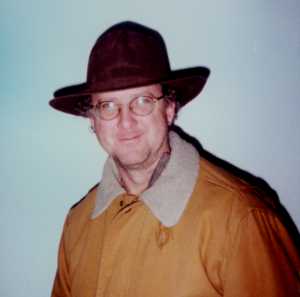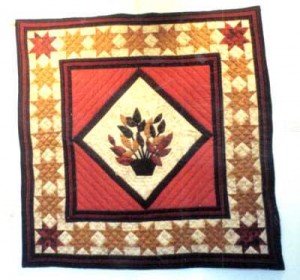Brief by Central Staff
Property – March 2004 – Colorado Central Magazine
The Bush Administration believes in more energy production from public lands, and thus as we went to press, the federal Bureau of Land Management had scheduled an auction of oil- and gas-drilling rights on 31,840 acres east of Fairplay.
Not all of the drilling, if anyone bids, will take place on public land, though — some of the parcels that the federal government auctioned sat under private land.
How can that be?
Once upon a time, there was English Common Law, which basically held that you owned your land from the center of the earth to the edge of the observable universe. Over the years, the American legal system has made things more complicated.
For instance, your property rights extend only 500 or 1,000 feet above your land, thanks to the Air Commerce Act of 1926, which made the sky a public right-of-way over the United States.
Beneath the surface, there’s what lawyers call a “severable estate” — that is, certain parts of the estate can be severed from other parts. Generally, this applies to mineral rights, which can have a different owner than the surface rights.
When the federal government started offering homesteads in 1862, the settlers generally got the mineral rights along with the surface rights. But that changed with the Stockraising Homestead Act of 1916, which reserved certain mineral rights to the federal government — generally related to coal — while the homesteader got other mineral rights, like petroleum.
This led to some major litigation about coalbed methane — a form of natural gas that collects underground near coal seams. If it was treated like coal, then the feds controlled it. If it was oil, then the surface landowner was in charge.
In 1999, the U.S. Supreme Court ruled that coal-bed methane was not part of the “coal reservation” made by the federal government. But in some cases the feds had reserved possible petroleum pools, too, and those homesteads had to give way for methane drilling.
One lawyer who specializes in such matters, Jeanine Feriancek of the Denver firm of Holland & Hart, observed that “Ambiguities concerning mineral reservations have been the source of much litigation.”
So, if you own land, it might be worth the trouble to find out who owns what’s underneath — it could be that Uncle Sam kept something that might be auctioned one of these days, and you could see a drilling rig out your front window.



